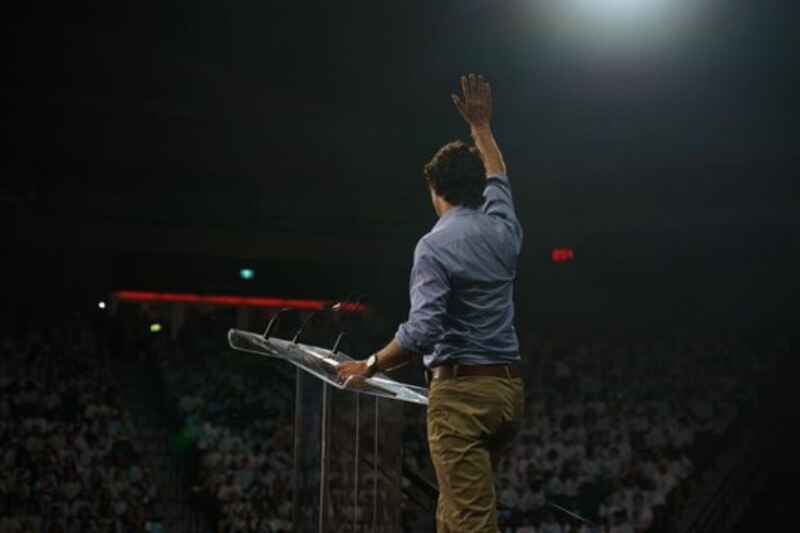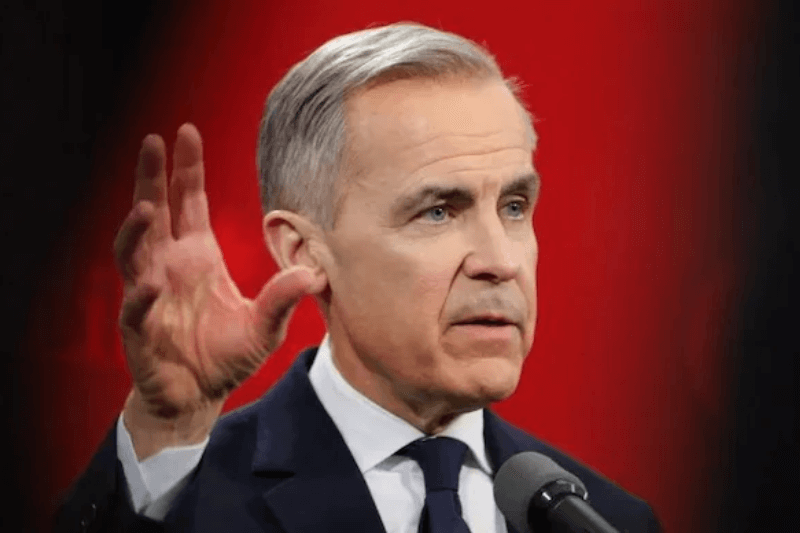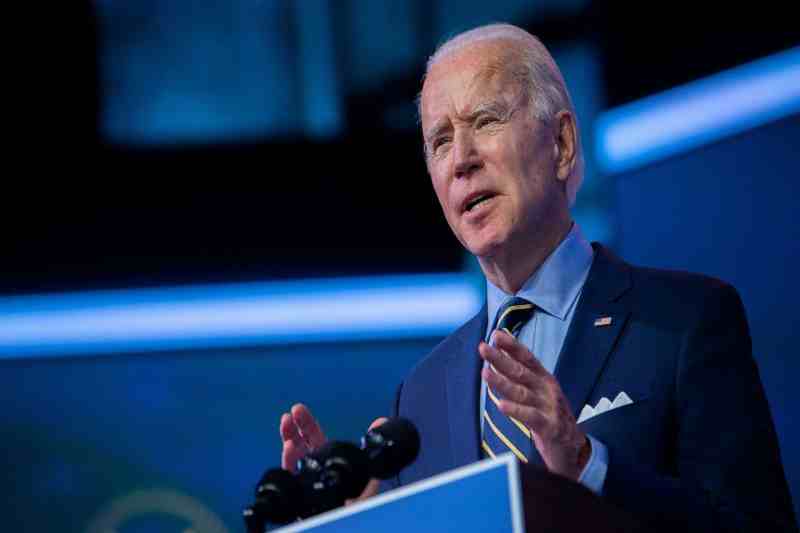
Trudeau’s Government Faces Crisis After By-Election Loss
Last updated on September 19th, 2024 at 08:40 am
Justin Trudeau’s Liberal government in Canada may be heading for a crisis after a major by-election loss in Quebec. This has thrown doubts concerning the leadership of Trudeau especially in what used to be a Liberal stronghold and the no-confidence vote that may be carried as early as next week.
The riding of LaSalle-Émard-Verdun in Quebec, which has been one of the safest Liberal seats, went to the Bloc Québécois’ candidate Louis-Philippe Sauvé on Monday. This was quite an upset, since the Liberal candidate, Laura Palestini, was projected to retain the seat that was won by former Cabinet Minister, David Lametti, by nearly a 20 percent margin in the 2021 Federal election.
This loss comes after another loss the Liberals faced in June when they lost the Toronto-St Paul’s riding which like this riding was considered a safe Liberal riding. These back-to-back losses have brought out the fact that Trudeau’s government is not very popular and the opposition has been strengthened.
This has been taken up by the leader of the Conservative Party, Pierre Poilievre, who has in effect threatened to move a no-confidence motion. This is the message that Poilievre used on social media, “Taxes up. Costs up. Crime’s up. Time’s up.” This message aligns with the recent voting poll that is showing a shift in the voters.
The poll released by Abacus Data on Monday shows that the Conservatives will get the vote of 43% of the committed voters if the election is held today while the Liberals will only have the vote of 22% of the same voters. This 21-point gap is four points higher than in August, which means that people’s dissatisfaction with the current government is increasing.
When these polling numbers are translated into likely parliamentary seats the political terrain appears even more daunting for Trudeau. A model by analyst Raymond Liu from Ottawa predicts that in an election situation, the liberals will be in the fourth position in the House of Commons after the Tories, BQ, and NDP.
Nevertheless, Trudeau has not signified any desire to step down from his position; thus, these are some of the setbacks for Trudeau. Instead, he urged people to participate more in politics by saying, “We want people to participate more; we want people to know what is at this election in the future.
It is equally important to point out that currently, political arithmetic in the House of Commons does not help Trudeau very much to strengthen his position. Liberals party occupies 154 of the 336 available seats and therefore they formed a minority government. They have depended on support from other parties, especially through a Supply and Confidence Agreement with NDP. But earlier this month, this agreement was abandoned by the NDP, which made the government have no stable majority.
Its government will now rely on the Bloc Québécois or the NDP to pass legislation as the likelihood of a no-confidence vote in the house arises. Among these is an early general election, a possibility pegged on the outcome of a confidence vote that could result in an early general poll before October 2025 if lost.
This series of events has placed Trudeau’s political future at risk. The coming weeks are going to be decisive for him as he is going to face these difficulties and try to cling to the power as the protests and people’s discontent grow.




